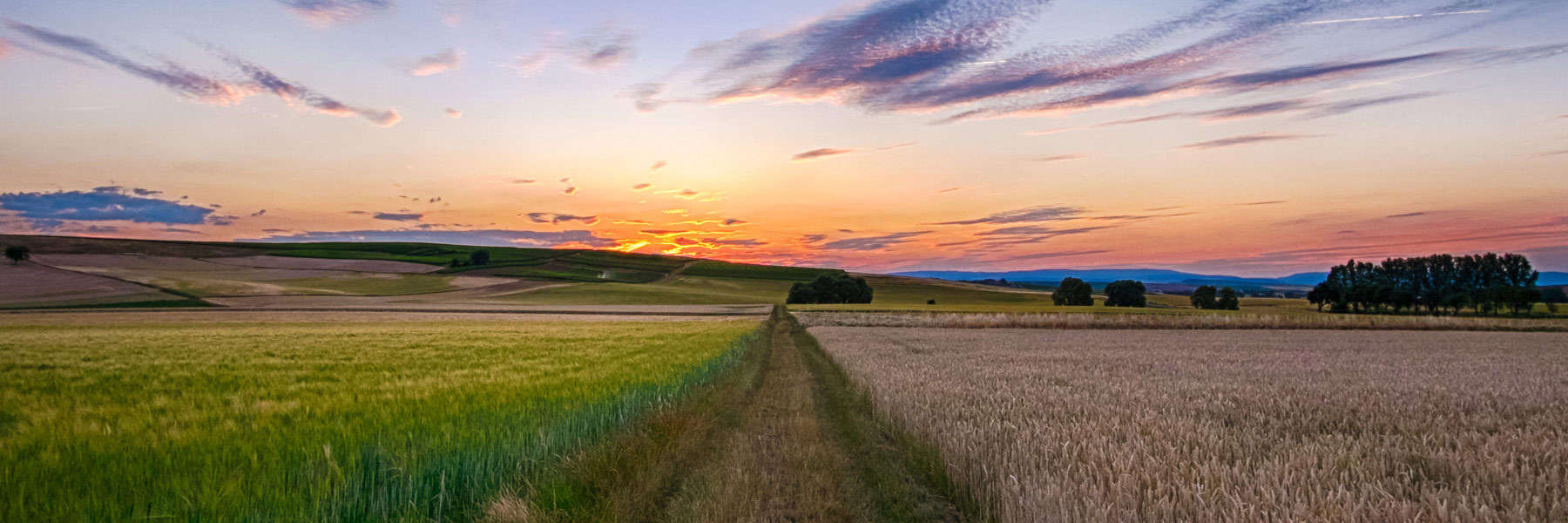With growing awareness of the threats presented by climate change, we have seen the proliferation of policies supporting the use biofuels for transportation, biomass for electricity and a wide range of bioproducts encompassing what some refer to as a “bioeconomy”. Indeed it is theoretically possible to make most anything currently produced with fossil fuels from bioenergy. But currently, even with the current policies in place, our global economy is fueled primarily by fossil fuels. To displace fossil fuel use in any significant manner using biofuels would require vastly increasing their production. But what are the implications of scaling up biofuel production? Can we do so while also feeding a growing population? What are the climate and environmental and human rights implications? Is it even possible? What are the industry claims and the realities?
In this class, Dr. Rachel Smolker, co-director of Biofuelwatch, provides a scientific, yet clear explanation of the impacts of biofuels and their production on our environment.
Presenter
Rachel Smolker, Ph.D. is co-director of Biofuelwatch, which provides information, advocacy and campaigning in relation to the negative impacts of large-scale industrial bioenergy on climate, biodiversity and human rights. Her work ranges from grassroots community organizing, to participation in United Nations conventions on climate and biodiversity. In recent years her work has focusssed on bioenergy in climate and forest policy, and providing critical perspective on technologies for “negative emissions”, climate geoengineering, and biotechnology for bioenergy. She has a Ph.D. in biology/ecology from the University of Michigan, and prior to her current position, worked as a field biologist. Rachel lives in the U.S. state of Vermont.
Webinar recordings
English
French

